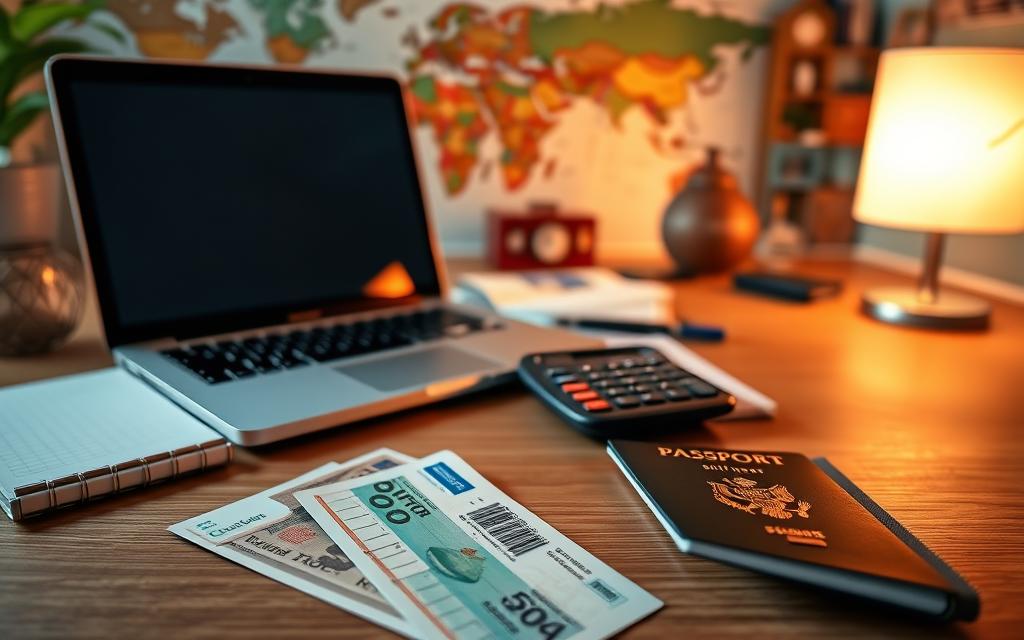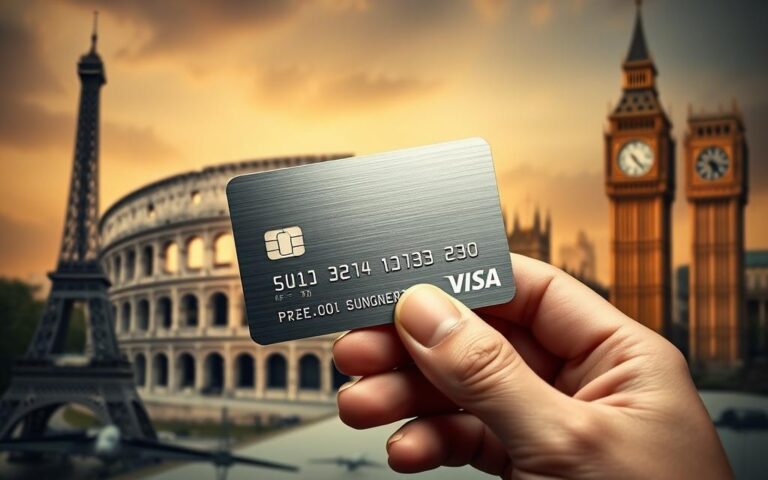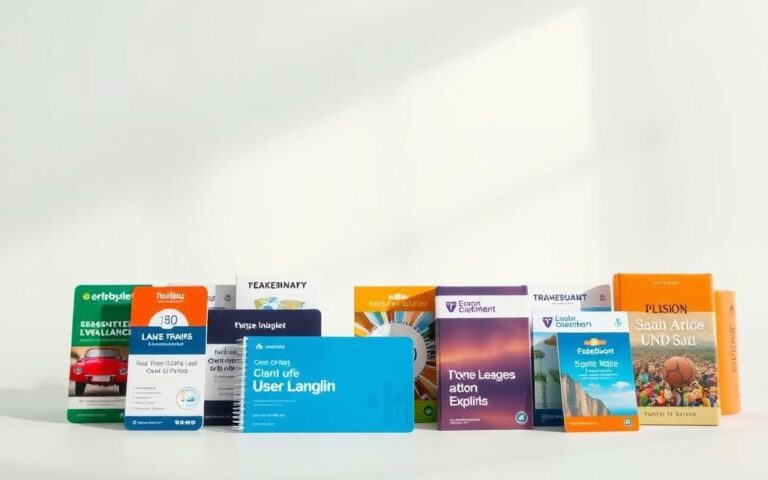Advertisement
Did you know that nearly 60% of travelers forget about daily costs when planning long trips? This mistake can turn a dream trip into a financial mess. By using smart finance tips, you can learn how to manage your money wisely on long trips. Keeping track of your budget is key, especially with different currencies, places to stay, and other costs.
In this article, we’ll share important tips on managing your travel finances. These will help you enjoy your journey without worrying about money.
Budgeting for Your Long-Term Journey
Planning your budget is key to a great long-term travel experience. It helps you enjoy your trip more and stress less. By looking closely at your money, you can make sure your journey is both fun and affordable.
Determine Your Daily Expenses
It’s important to know your everyday costs when planning your travel budget. Think about what you’ll spend on eating, getting around, fun activities, and places to stay. Use websites and travel blogs to figure out how much things cost where you’re going. Knowing this helps you not overspend.
Create a Flexible Travel Budget
Having a travel budget that can change is useful. Sometimes, unexpected expenses come up, like having to pay more for a place to stay. If your budget can adjust, you’ll feel less worried about money and enjoy your trip more.
Account for Unexpected Costs
It’s smart to plan for surprises in your budget. You might have to pay for unexpected things, like medical care or changing your travel plans. A safety fund keeps you ready and stress-free during your travels.

| Expense Type | Estimated Cost per Day |
|---|---|
| Food | $30 – $50 |
| Transportation | $10 – $20 |
| Activities | $20 – $100 |
| Accommodation | $50 – $150 |
Choosing the Right Currency
Traveling abroad means you have to deal with different kinds of money. It’s important to pick the right currency to avoid issues. Choosing good banking options helps manage your money better on the trip. With a no-fee travel account, you can skip extra charges that many banks have. Banks like Charles Schwab and Capital One give travelers special accounts. This makes banking overseas easier.
Open a No-Fee Travel Account
Having a no-fee travel account means you won’t face annoying fees. These accounts let you take out money from ATMs all over the world, without extra charges. To open one, you just need a few simple documents. It’s an easy way to use your money in other countries. Always look at different banks to see who offers the best for your travel.
Understand Currency Exchange Rates
Know the exchange rates to plan your spending abroad. Keeping up with rate changes helps you know the best time and place to swap money. You can use news and apps to watch the rates closely. This way, you can get the most out of your money, making smart choices when you travel.

Finding Affordable Accommodation
Staying places often take up a big part of travel costs. By using trusted booking platforms, travelers can find cheap places to stay. This makes trips less expensive. These sites let you compare prices and see what other people think, helping you choose where to stay.
Use Trusted Booking Platforms
Airbnb, Booking.com, and Hostelworld are trusted for a reason. They offer different kinds of places to stay and sometimes have deals or discounts. Reading what others say about these places can teach you about their quality, safety, and where they are. Using these sites well can help you find cheaper places to stay when you travel.
Consider Alternative Lodging Options
Looking beyond hotels can save you money. House-sitting, hostels, or local homestays are cheaper and unique. These choices also let you experience local life more deeply. Choosing these kinds of places to stay will save money and enrich your travel experience.
Managing Travel Insurance Effectively
Travel insurance ensures you stay worry-free on long trips. Comparing plans helps find one that fits your needs. Companies like Allianz and World Nomads offer policies covering health issues, trip cancellations, and lost items. Making a well-informed decision reduces unexpected costs while away.
Evaluate Different Coverage Plans
Looking closely at various travel insurance options helps understand needed protections. Important to think about are medical care, trip stoppage, and belongings coverage. Each policy’s coverage limit and what it doesn’t cover differ. It’s key to read all details to avoid shock when claiming.
Look for Multi-Trip Insurance Discounts
If you plan many trips, finding multi-trip insurance deals can save money. These discounts cut insurance costs for those often traveling briefly over a longer period. With proper plans, managing insurance on the go fits both your schedule and wallet.
Tracking and Adjusting Your Spending
Keeping your finances in check while traveling long-term means watching what you spend. Budgeting apps like Mint, YNAB (You Need A Budget), and PocketGuard help manage your money on the go. They let you sort your expenses and set your own spending limits easily.
Use Budgeting Apps for Travel
Budgeting apps are great for keeping you from spending too much. They send alerts when you’re about to go over your budget. Adding these apps to your travel plans helps you watch your spending, especially in new places.
Regularly Review Your Expenses
It’s smart to look over your expenses every week or month. Doing this shows you where your money goes and where you can cut back. By keeping track and adjusting your spending, your travel funds will last longer, making your trip even better.



